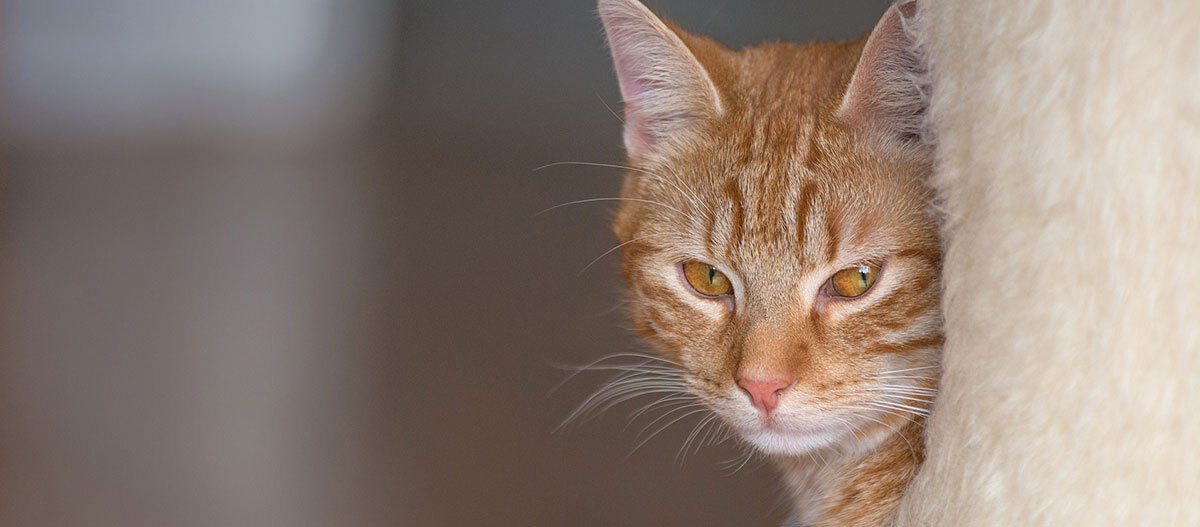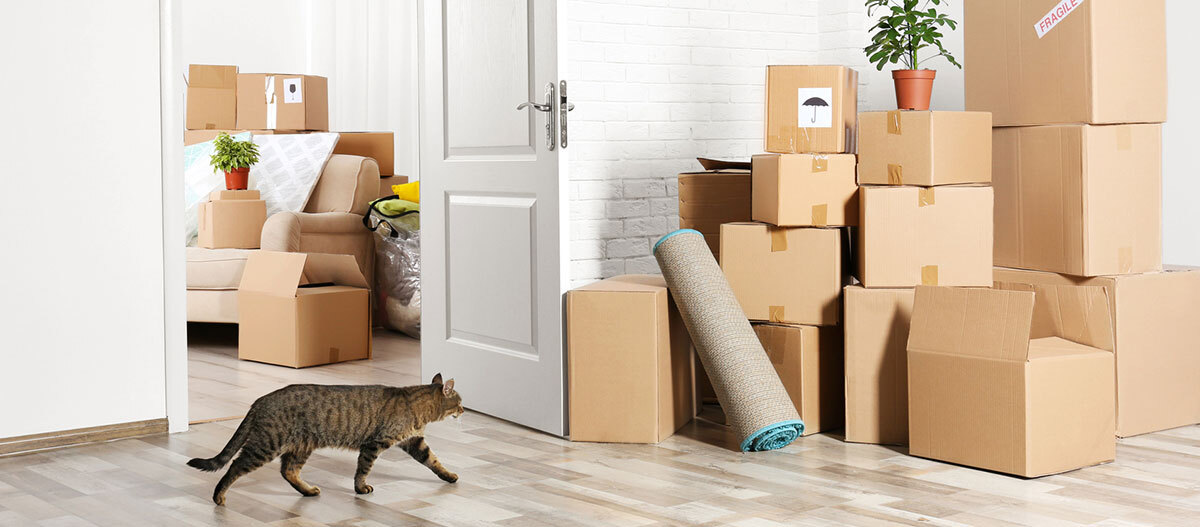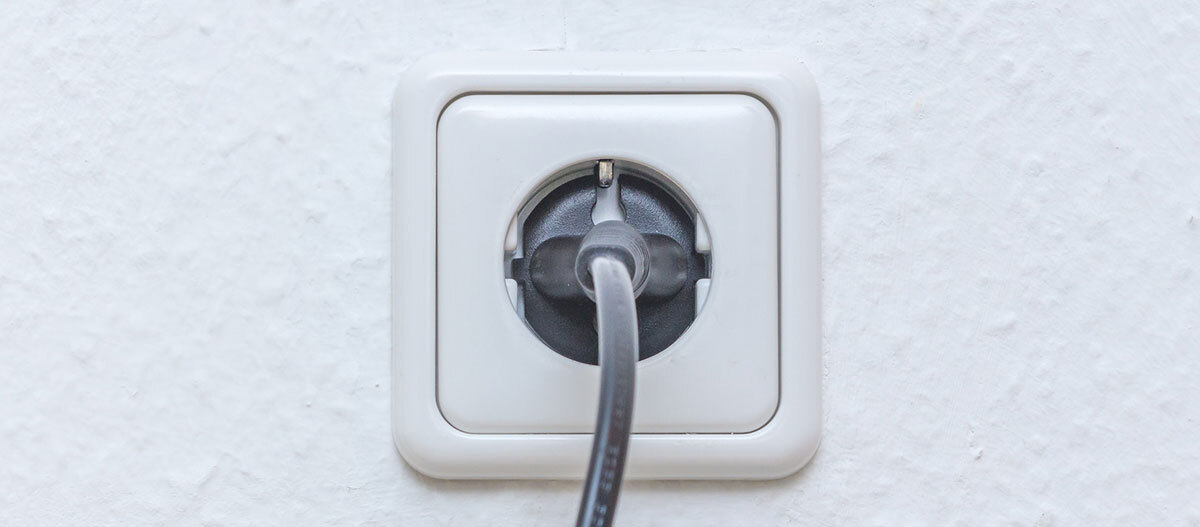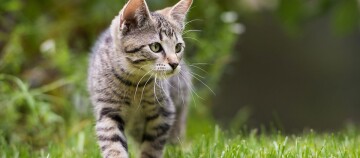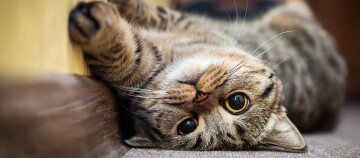Life Inside Is Not Without Risks - Consider a Home from a Cat’s Point of View
17.10.2022 - Reading time: 4 minutes
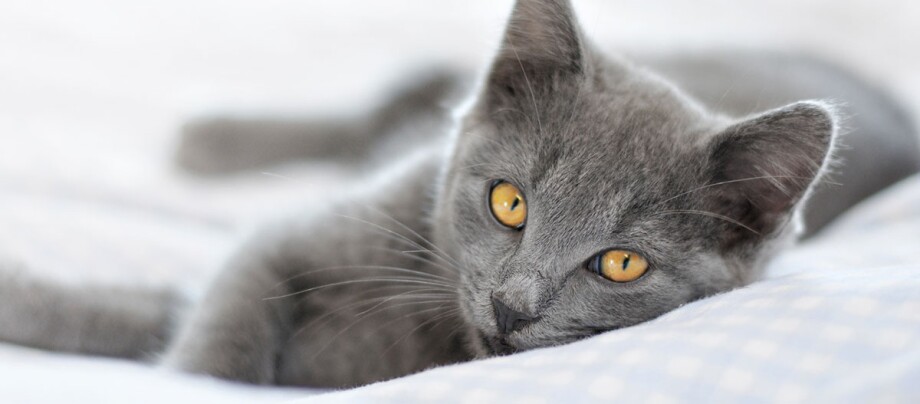
Should cats have outdoor access or do they belong in the home? This is a question that divides cat lovers. Both forms of keeping cats have their justification; however, the focus is less on ideological reasons and more on practical considerations that are oriented towards the respective framework conditions on site. The question of whether an outdoor cat actually leads the happier life will not arise for the animal itself: Cats that only know life in a home - of course appropriately large and cat-friendly - adapt excellently to life as an indoor pet. Animals that have conquered the world outside as their "territory" will retain a certain urge for freedom.
The apartment as a territory: cats as roommates
If you are a cat owner living in an apartment building or in a busy area, you usually have no other choice: going outdoors would be far too dangerous for the cat. The protected apartment life actually has a considerable advantage: statistically, an indoor cat has twice the life expectancy of an outdoor cat. In addition, there are cats that are not allowed outside for their own safety. Animals with health or physical impairments and carriers of certain viruses (e.g. FIV) would endanger themselves and others outdoors.
To make your home an appealing cat habitat, you need accessories. In addition to the obvious things like bowls, scratching post and litter tray, you should provide as many climbing and hiding places as possible. If space is available, furnish a room exclusively for the cat, connect shelves and cupboards with runners and provide cosy sleeping and resting places. If you also have a window sill with an exciting view, a cat can also come to terms with a city home as its territory.
Incidentally: if the cat has to stay indoors during the day, at least one cat buddy should be added early on. Contact with other cats is important for a species-appropriate cat life. Nevertheless, you yourself are also needed as a playmate. If you regularly spend time with the animals, you will provide stimulating entertainment.
Does an outdoor cat live in a more species-appropriate way?
Advocates of keeping cats outdoors cite benefits that are beyond question. Cats that roam around outside and explore the environment the way they are meant to do are fully engaged, don’t get bored, and are so active that they are rarely overweight. The outdoor life typical for the species sharpens their feline senses and challenges them intellectually. Here they can sneak, hunt, and absorb impressions to their heart’s content. As a cat owner, however, you get less out of your pet. The animal will only look for their home when the mood hits them to eat, sleep, and possibly look for their humans. Above all is the knowledge that outdoor cat life is dangerous. These cats are exposed to risk of accidents and illnesses from contact with potential pathogens. An acceptable compromise between house cats and outdoor cats is to have a secure space in the fresh air. With a generous open-air enclosure or at least a cat-safe balcony, you can offer you cat some time in the great outdoors within a protected space.
What are the special features of keeping outdoor cats?
The vaccination schedule for an outdoor cat is different from that for an indoor cat, and more frequent worming is also necessary. In addition, cats should generally be neutered or spayed: unwanted kitten offspring create a lot of cat distress, and in the case of house cats, this avoids permanent curl and the marking behaviour of male cats. In rural areas, an outdoor cat is always in danger of being mistakenly shot as a stray by hunters as soon as it strays too far from buildings. Neutering limits the radius of your pet’s desire to explore. A stray should be chipped or tattooed and, above all, registered with the German or International Central Pet Register so that it can be traced back to its owner if it gets lost. Bird lovers will also thank you as the owner of a free-ranger if you limit the cat’s excursion times during the breeding season or take suitable measures to make nests in the cat’s radius of action inaccessible.
What sources of danger lurk for indoor cats?
Life inside the house is not without risks for cats, however. Although there is no risk of falling victim to a traffic accident here, we naturally use things in our everyday routine that arouse a cat’s curiosity and can therefore be disastrous for the cat. Consider a home from a cat’s point of view.
